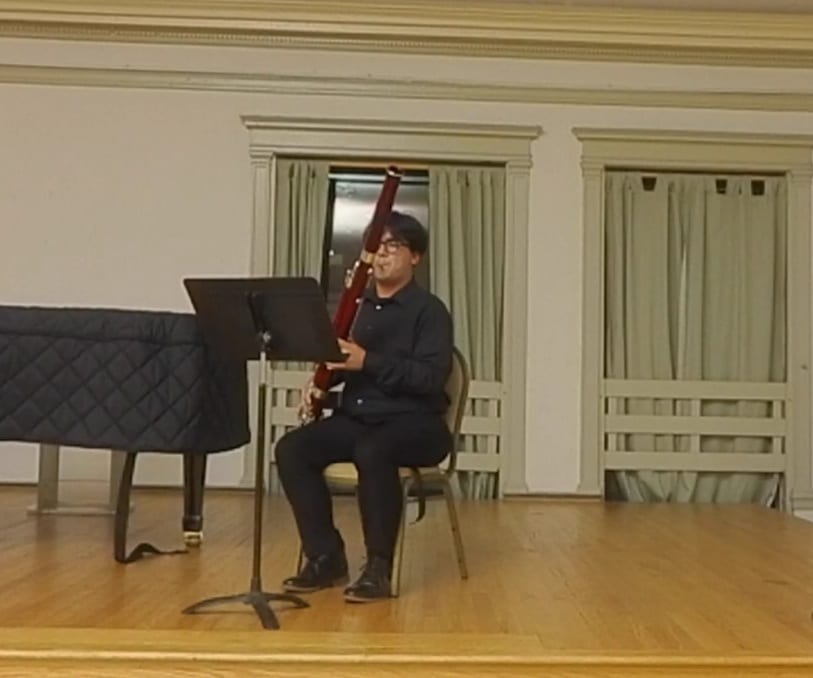by Angelica Galicia
Did you just participate in your first CMPI jury? Or do you consider yourself a seasoned jury participant? And what exactly is a jury? Is there a guilty or not guilty verdict at the end of your performance? Here is a rundown of what a jury is with perspective from a CMPI fellow who has participated in his fair share of juries.
Every year, CMPI fellows participate in two juries, a technical jury in the fall and a performance jury in the spring. A jury is assigned to evaluate the fellow’s progress. Each jury is adjudicated by three professional musicians with at least one who plays the same instrument as the fellow. The juries are recorded and the fellows, their parents, private teachers, and CMPI Student Navigator get copies of the comments from each of the judges so they can meet to discuss the comments made by the adjudicators. The jury is considered to be a progress report or a report card to give more insight on the fellow’s progress.
The technical jury in the fall focuses on the technical aspects of music such as scales, arpeggios, and etudes. The fellows perform a solo piece without accompaniment. The performance jury in the spring consists of the fellow performing a solo piece with piano accompaniment, and the adjudicators listen for less technical aspects of the piece.
Now that we have a little insight as to what a jury is, we will find out what it’s like to participate in a jury from someone who has participated in a few juries. Fabrizio has been a CMPI fellow since 2020, so he’s participated in quite a few juries.
When asked if he remembers his first jury, he says, “Yes! I was really nervous. Before my first jury, I was used to practicing by myself, but wasn’t really used to playing alone. I usually performed with other musicians, like in chamber groups or bands so the jury was a little different. But after a few juries and recitals I don’t get nervous. I think each jury has helped me grow as a musician. At first it was intimidating to know that professional musicians are watching what I’m playing and commenting, but now I find it inspiring. I’ve met some of my adjudicators and have even worked with some of them and appreciate all of the advice they have given me. I want them to see that I listen and appreciate what they have to say.”
As a parent, I find it helpful to read the comments made by the adjudicators. They are instrumental in giving insight into what the fellow may need to work on and what the fellow is doing right. And because you go over the comments with the fellow, their parents, their private teacher, and CMPI Student Navigator, everyone is on the same page as to what the fellow should focus on as a performer. In the end, the only thing a CMPI fellow should be guilty of is being a great performer!
Images
Fabrizio in his 2023 jury
